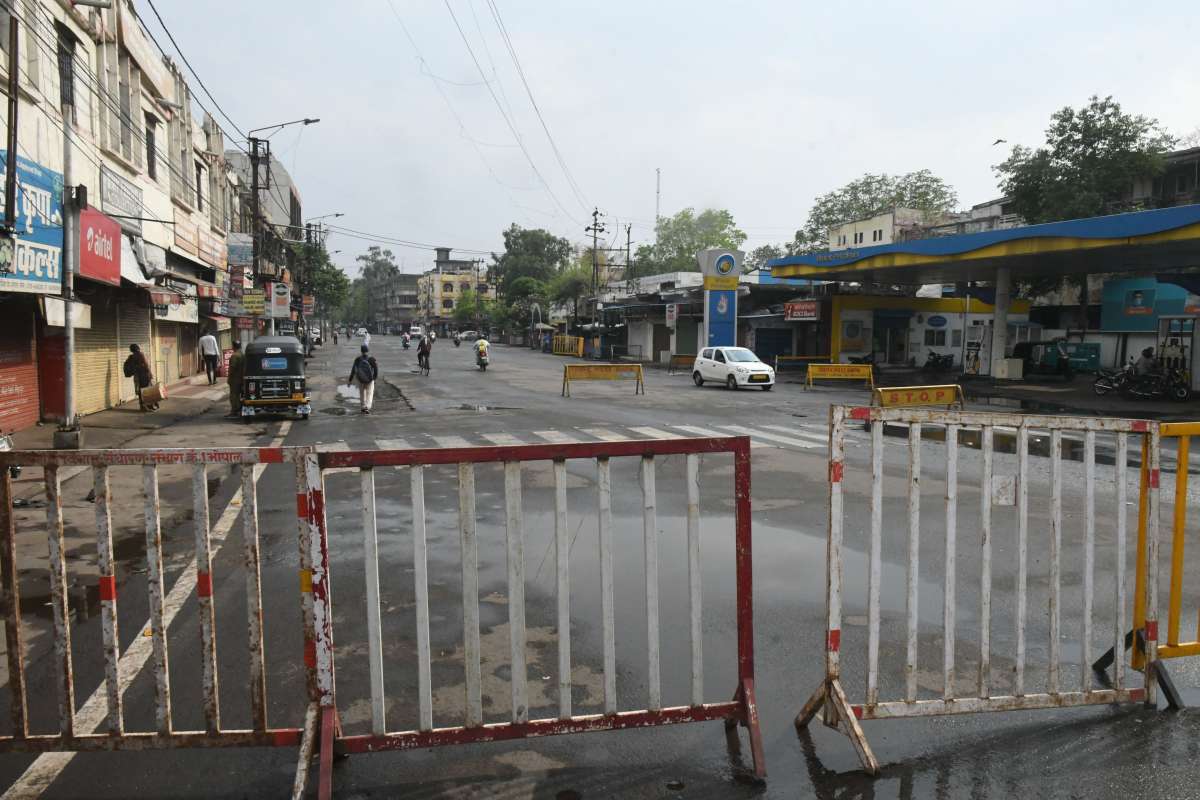Chronic Kidney Disease (CKD) occurs when the kidneys lose function over time. Millions of people worldwide are at a higher risk of getting kidney functions. Although Chronic Kidney Disease is irreversible, there are steps where you can slow down the deterioration of the kidney and protect kidney health.
The main function of the kidney is filtration and eliminating toxins from the body. As the kidneys lose the function to filter and eliminate toxins, it results in toxic buildup in the body. They can't filter your blood, make red blood cells, and regulate blood pressure or keep your bones healthy as they normally do. When kidney function drops to a certain level, dialysis or kidney transplant is a must. Many people don't realize how they feel perfectly healthy with good functioning kidneys. Chronic Kidney Disease (CKD) is a silent disease and symptoms take some time to surface and show up as an external manifestation. It is important to note that you are at high risk if any of your family members are suffering from kidney problems.
Causes of Chronic Kidney Disease:
The two main causes of Chronic Kidney Disease are diabetes and high blood pressure. Both conditions add pressure on the kidneys and ultimately damage the kidney. Other causes of Chronic Kidney Disease are
Inherited disease Inflammatory disease Infections Weakened immune function Long term medicationsFunctions of Kidney
A kidney is a hardworking organ and helps in the excretion of all the waste from the body. While filtering blood and balancing minerals, a kidney performs extremely important functions which are necessary for a healthy life. We should understand the importance of a healthy kidney and its functioning. Some of the important functions of the kidney are:
Filtering Balancing electrolytes Maintaining normal pH Controlling blood pressure Red blood production Maintaining healthy bonesBecause kidneys are involved in the most vital process, it is important to keep them healthy.If you show any unhealthy signs of kidney function, it is important to consult the doctor or kidney specialist at an early stage. Early detection is key to a good prognosis and the correct line of treatment.
Stages of kidney disease
There are 5 stages of kidney disease
Stage one indicates a small amount of kidney damage and stage five indicates kidney failure. This is end- renal stage disease. The stage you fall in determines how well your kidneys are functioning. To estimate your kidney functioning, it is important to note to perform all the Renal Function tests (RFT) and Glomerular filtration rate (GFR). These tests are very important to evaluate and check if you have any kidney disease.
Chronic Kidney Disease occurs when the kidneys are damaged and cannot follow the process of excretion and elimination of toxins. Due to this defect, patients can fall into the deterioration of kidney function and further complications. Progressions of kidney disease are at high risk of cardiac failure and kidney failure.
Medication for Chronic Kidney Disease
The efficacy of the drug Farxiga treats to improve kidney outcomes and reduce cardiovascular diseases in patients with Chronic Kidney Disease and was evaluated by the FDA through a double-blind study. The FDA granted approval of Farxiga to AstraZeneca

 Chronic Kidney Disease needs attention and early intervention to protect the kidney from dialysis. The FDA has approved Farxiga to AstraZeneca to help protect kidney patients which is a recent update.
Chronic Kidney Disease needs attention and early intervention to protect the kidney from dialysis. The FDA has approved Farxiga to AstraZeneca to help protect kidney patients which is a recent update.




















.jpeg)


















.jpg)
.jpeg)